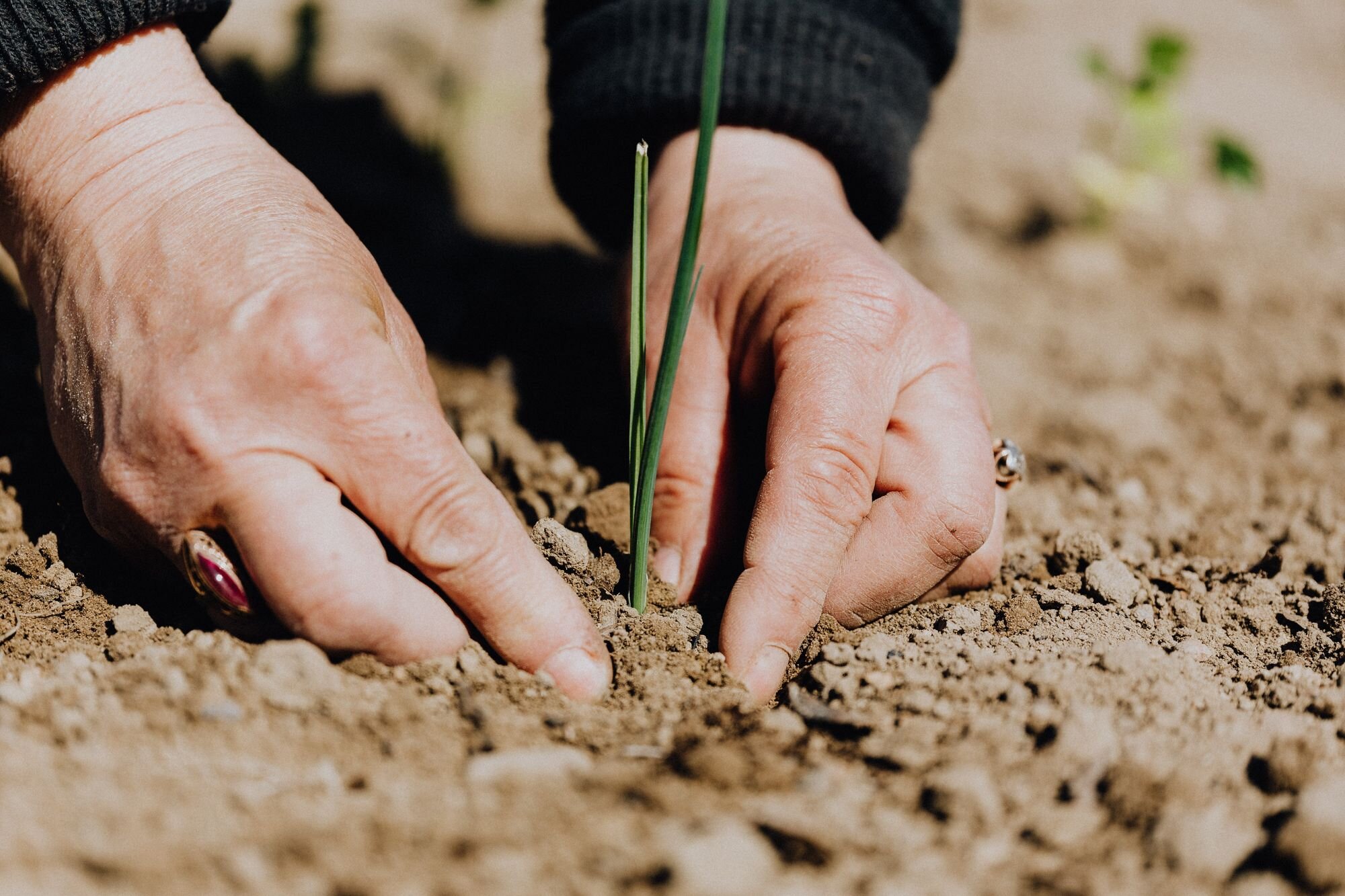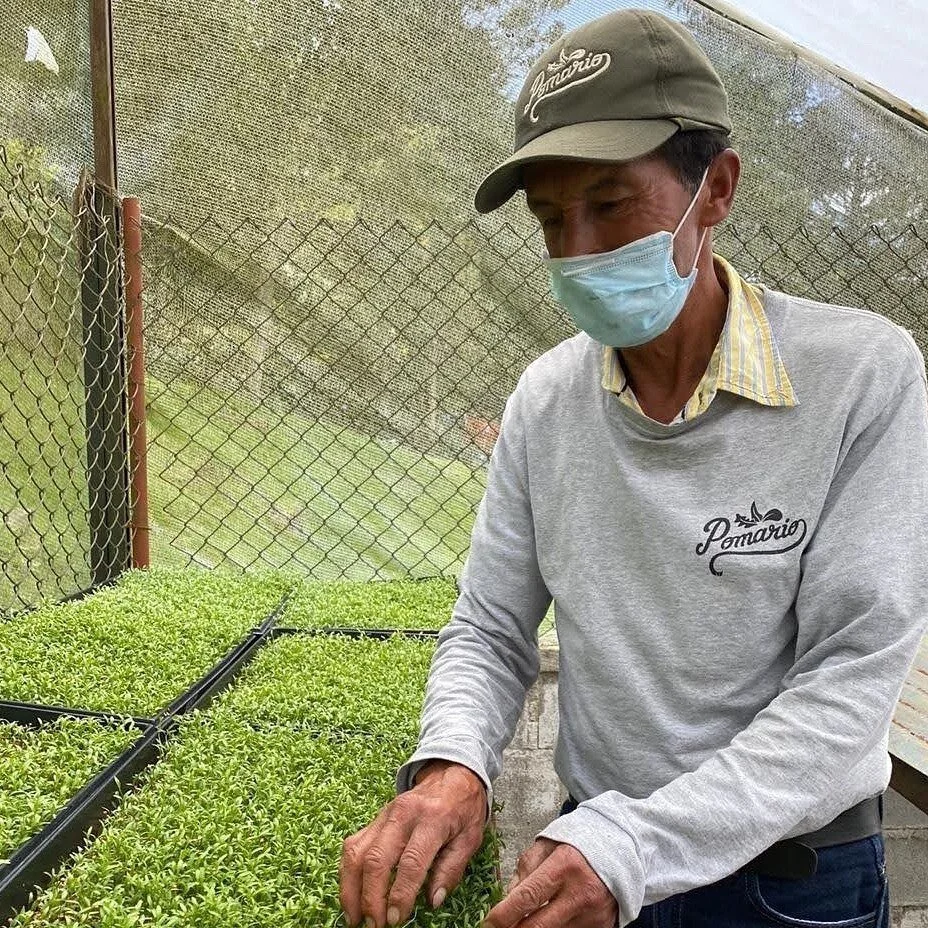NESsT and IKEA Social Entrepreneurship Welcome Five New Social Enterprises to their Accelerator
KEY TAKEAWAYS
Smallholder farmers produce 70% of the world’s food and are the backbone of social stability.
The NESsT and IKEA Social Entrepreneurship Latin America Accelerator selected 15 social enterprises to support, five of which directly improve the livelihoods of rural subsistence farmers with small landholdings.
Founders and senior managers from each social enterprise discussed learnings as part of the three-day “Welcome Summit” hosted by NESsT and IKEA Social Entrepreneurship.
Nutrition and food security is the backbone of social stability. By growing heirloom and other non-commercial food varieties, small-scale farmers play a crucial role in maintaining sustainable food systems and bolstering biodiversity.
When rural businesses are strengthened with proper business assistance and financial resources, they drive demand for locally produced goods and services, generating employment opportunities that can transform underdeveloped areas into vibrant economies.
Among the 15 selected enterprises of the NESsT - IKEA Social Entrepreneurship Latin America Accelerator, five directly improve the livelihoods of rural subsistence farmers with small landholdings.
The search for these market driven, socially responsible enterprises began in the fall of 2020 in Brazil, Chile, Colombia, and Peru. After completing a due diligence process that closely examined the impact potential of each applicant, NESsT and IKEA Social Entrepreneurship welcomed these 15 high-growth social enterprises into its portfolio.
Founders and senior managers from each enterprise participated in a three-day “Welcome Summit” hosted by NESsT, IKEA Social Entrepreneurship, and IKEA professionals who facilitated discussions with fellow entrepreneurs in addition to reviewing all of the upcoming accelerator programming
Through their unique business propositions, the five enterprises share the vision of helping smallholder farmers in Latin America exit the vicious cycle of poverty while limiting damages to the environment.
Fresh:
Fresh & Co. is a grocery e-commerce enterprise founded in Chile that is committed to increasing earnings for small-scale farmers. The enterprise pays farmers in its network 90% more than what wholesale competitors are paying because of a simplified value chain, its focus on technology, and its investment in training the farmers.
Founded a week before the pandemic outbreak, Fresh & Co. was able to adapt quickly to changing regulations by expanding its delivery services beyond restaurants to serve households. As a result, its growth continued to bring income to remote farmers through digital channels, allowing farmers to focus on cultivating products in a sustainable manner from the safety of their own homes.
Agrosolidaria:
Founded at the foothills of the Colombian mountains, Agrosolidaria sells agricultural and cosmetic products made from sustainably cultivated Amazonia plants. The enterprise was created by 12 associations representing more than 650 small farmers, the majority of whom were victims of the Colombian conflict who produced coca as their only means of livelihood.
Agrosolidaria transitioned these farmers to producing sacha inchi, a nut rich in healthy facids crucial for heart and brain functions. For its culturally-diverse association that consists of more than 250 farmer families, Agrosolidaria has improved social cohesion and created a platform for constructive collaboration, providing the farming communities in the remote Colombian mountains income security and sustainable livelihoods.
NG-Seeds
Located in Araucanía, the poorest region in Chile, NG-Seeds produces, processes and commercializes lupine and its byproducts, for both animal feed and human consumption. The company is owned by five Mapuche cooperatives and its partner CGNA, a regional center for plant and food science and technology that developed an award-winning lupine variety high in protein.
More than 1,000 indigenous families in the region cultivate lupine, a gluten-free grain that also provides essential amino acids, antioxidants and fiber that appeals to global consumers, especially those maintaining special diets for diabetes or celiac disease. In response to challenges such as limited distribution channels, financing options, and low internet connectivity, the local Mapuche farmers formed NG-Seeds to help them cope with difficult production seasons and to manage the high costs of agricultural inputs.
Pomario
Pomario sells organic produce sourced from smallholder farmers and grown in its greenhouses to Colombian families, retailers, and high-end restaurants, directly connecting fields to kitchens. By partnering with Pomario, smallholder farmers are paid a fair price and have access to training and financing resources, including a credit line that allows them to pursue higher education.
When the pandemic began, Pomario recovered quickly from lost sales channels and launched their e-commerce platform within two weeks, which ensured continued income for all of its employees and smallholder farmer suppliers.
Café Compadre
Café Compadre produces high-quality roasted coffee beans to help marginalized coffee farmers access higher incomes in Peru. Small Peruvian coffee farmers only receive 10% of the final value of their coffee. The co-founders of Cafe Compadre developed a solar-powered coffee roaster to equip farmers to roast their own coffee beans, helping exploited farmers take greater ownership of the coffee production process.
Through Cafe Compadre’s direct-to-consumer model, the social enterprise is able to pay farmers more than 20-50% higher than the average price paid to farmers by traditional commercial coffee buyers.






